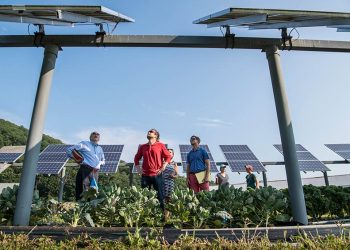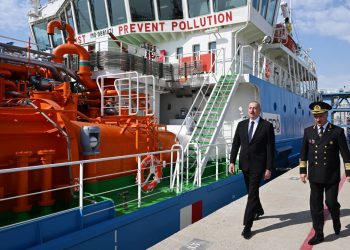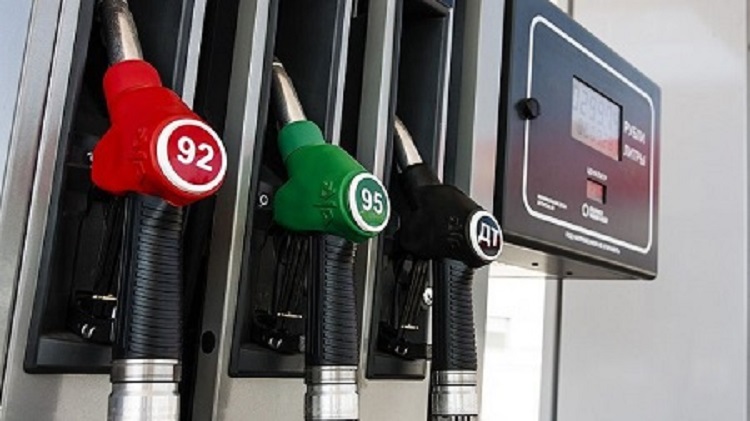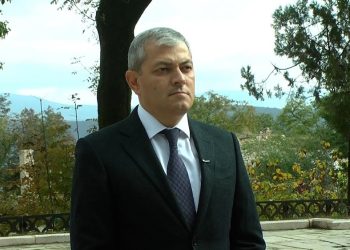Turkey’s energy policy has been evolving: not only in response to geopolitics, but also its own needs. With the focus on cheap and reliable energy, gas must fight for survival.
 Turkey’s energy policy, gas hub aspirations and future energy needs were the subject of the 7th Turkey Energy Summit 2016 held in Adana late November. Turkey’s total primary energy demand in 2015 was 125mn metric tons of oil equivalent, met by natural gas 35%, coal 28.5%, oil 27%, hydro 7% and renewables 2.5%. Only a quarter was met by domestic resources. Natural gas accounted for 37.8% of total electricity generation in 2015, coal 28.4%, hydro 25.8%, renewables 6.3% and oil 1.6%. Turkey imports almost all of the natural gas it consumes, about 99%. Of the 48.4bn m³ imported in 2015, 55.3% was from Russia, 16.2% from Iran, Azerbaijan 12.7%, Algeria 8.1% and Nigeria 2.6%.
Turkey’s energy policy, gas hub aspirations and future energy needs were the subject of the 7th Turkey Energy Summit 2016 held in Adana late November. Turkey’s total primary energy demand in 2015 was 125mn metric tons of oil equivalent, met by natural gas 35%, coal 28.5%, oil 27%, hydro 7% and renewables 2.5%. Only a quarter was met by domestic resources. Natural gas accounted for 37.8% of total electricity generation in 2015, coal 28.4%, hydro 25.8%, renewables 6.3% and oil 1.6%. Turkey imports almost all of the natural gas it consumes, about 99%. Of the 48.4bn m³ imported in 2015, 55.3% was from Russia, 16.2% from Iran, Azerbaijan 12.7%, Algeria 8.1% and Nigeria 2.6%.This high dependence on natural gas made the country vulnerable to external factors and instabilities as well as changes in regional geopolitics as was evidenced by the troubles in Syria and Turkey’s rifts with Israel and Russia.
As a result of this vulnerability, Turkey reviewed and redirected its energy strategy to limit such dependence and increase its long-term energy security to ensure sustainable economic growth.
www.naturalgasworld.com











